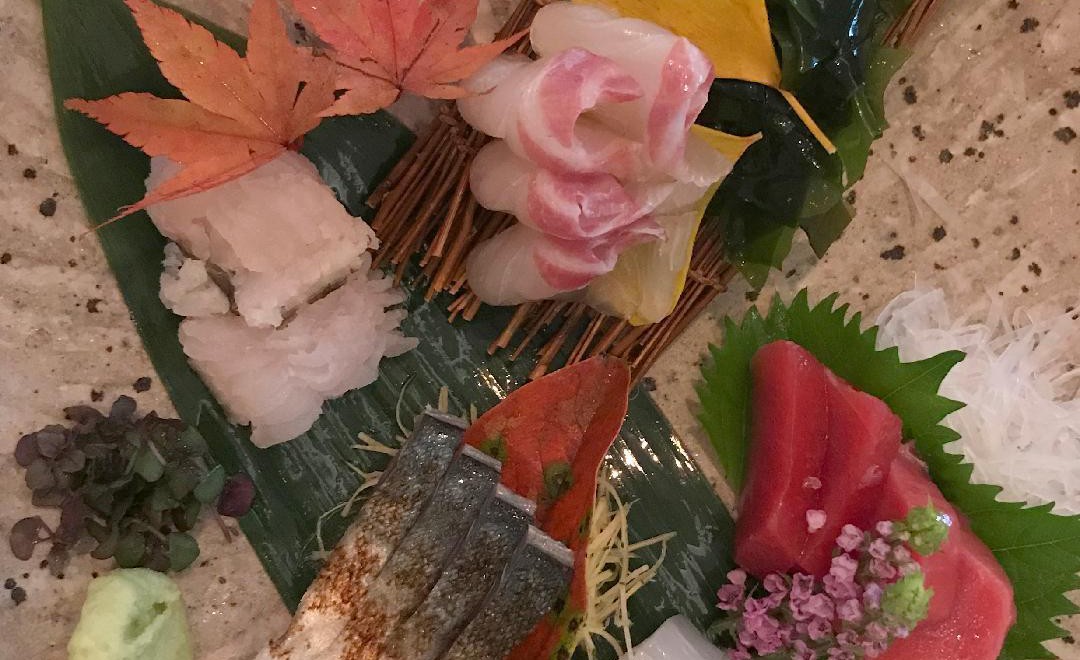How would you like to arrive at foreign port, be greeted by a resident eager show you the best their city has to offer, and will treat you as an honored guest—all for free? This is premise of Goodwill Guides, Japanese volunteers who assist overseas visitors in exchange for practicing their language skills.
We were die-hard independent travelers willing to venture on local transportation or drive in remote places with only a guidebook until a friend, who is also an Israeli tour guide, pointed to an ancient ruin and explained that this was one of the earliest man-made arches. Our sons were fascinated with how an arch is built, the purpose of the keystone, and hear the biblical references to the site. Realizing we might have dismissed this treasure as a pile of rubble, we began budgeting for expert escorts, greatly enriching our travels.
A professional offers a depth that goes far beyond my highlights in the Michelin or squinting to read plaques. Standing in Piazza San Marco, our guide Luisella captured the essence of Venice’s importance in world trade as she explained the mercenary reasons for both intricate pink façade of the Doge’s Palace and the bones of St. Mark in the cathedral.
Experts who know about traffic patterns, closing days, and what can be realistically be crammed in a day, can arrange far more than the visitor. In Athens Jordan insisted on an early start. Our grumbles were replaced with awe when we reached the Acropolis before it was carpeted in crowds. He delivered us to the Greek Parliament only minutes before the changing of the guard began. Another reason to use a professional is when you want to make the most of a brief visit. Nowhere is this more important than in a cruise port. Sure, you can wander into town on your own, bargain with a taxi driver, or take the easy—and usually most expensive—route by signing on one of the ship’s packaged excursions. Researching a superb guide is simple online and you can save by joining other like-minded cruisers.
When we planned a cruise on the Diamond Princess to visit offbeat Japanese ports, we discovered that Systematized Goodwill Guide Groups (SGG groups) were active in several of the locales. While there is no charge for these volunteers, we were expected to cover our escorts’ transportation, admission fees, and lunch. (All our guides all had badges for free public transportation and fees.) One group requested 1000 yen (less than $10 per couple) as a contribution to their association.
There are more than 80 SGG groups in Japan, including Tokyo. Some do not require much advance notice, others have very particular requirements, like contacting them no sooner than 60 days before arrival. With only a few guides available in some ports, arrangements need to be made in advance. The Japanese are sticklers for etiquette so try to follow their instructions and write as though making a request of a friend, not demanding a service.
After filling out the appropriate form for the port of Hakodate, we were contacted by our volunteer who gave instructions for where to meet him. Ryuichi helped us use public transportation to the observatory tower, a star-shaped fort, and explained how this was one of the first cities to be opened to foreign trade after Commodore Perry’s arrival in 1854. Tours are supposedly limited to three hours, but ours insisted on escorting us through the red brick warehouses that are now an irresistible shopping mall.
For Sakaiminato I wrote to the chairman of Yonago Goodwill Guides, who immediately responded and suggested a choice of temples and shrines, gardens, a castle, museum, or an umbrella factory. One of the other couples wanted to skip museums so we picked the Matsue Castle and the factory. The chairman arranged two guides—Naoko, a retired teacher and Kumiko a full-time mom. He also arranged a comfortable van and we covered the rental. Our guides did not speak English fluently, but smiles, gestures, and phone apps helped immensely—except we were surprised when the factory was replaced with a museum. Nobody complained because the Adachi Museum of Art is the home of what some consider the most beautiful garden in Japan. The resplendent view of the meticulously sculpted landscape—no stone, branch or leaf out of place—through turned out to be a highlight of everyone’s trip. Indeed, our guides had known exactly what we really wanted to see!
Tips and offers of payment are insulting; however, it is customary to give omiyage, a token gift—like magnets, key rings, or postcards—that is representative of your hometown. Sweets from your region are also welcome. Take great care with the wrapping of the gift, which is considered as important as the contents—and be sure to present it with both hands.
Saying farewell to our guides at the pier was more like the parting of friends, which in a short time they had become—and we hoped we had left our own mark of goodwill behind as well.
When You Go:
List of Japanese Goodwill Guide organizations:
http://www.jnto.go.jp/eng/arrange/travel/guide/list_volunteerGuides.php
To organize a tour on any cruise ship: www.cruisecritic.com Click “Roll Call” and then fill in your cruise line, ship, and month of departure to find your sailing. Sign on to chat and join tours that others have arranged or organize one yourself.
About the Author:
Gay Courter is a bestselling novelist (The Midwife, Code Ezra, Flowers in the Blood) and documentary filmmaker. She travels for both work and pleasure since her first around-the-world trip at age six








